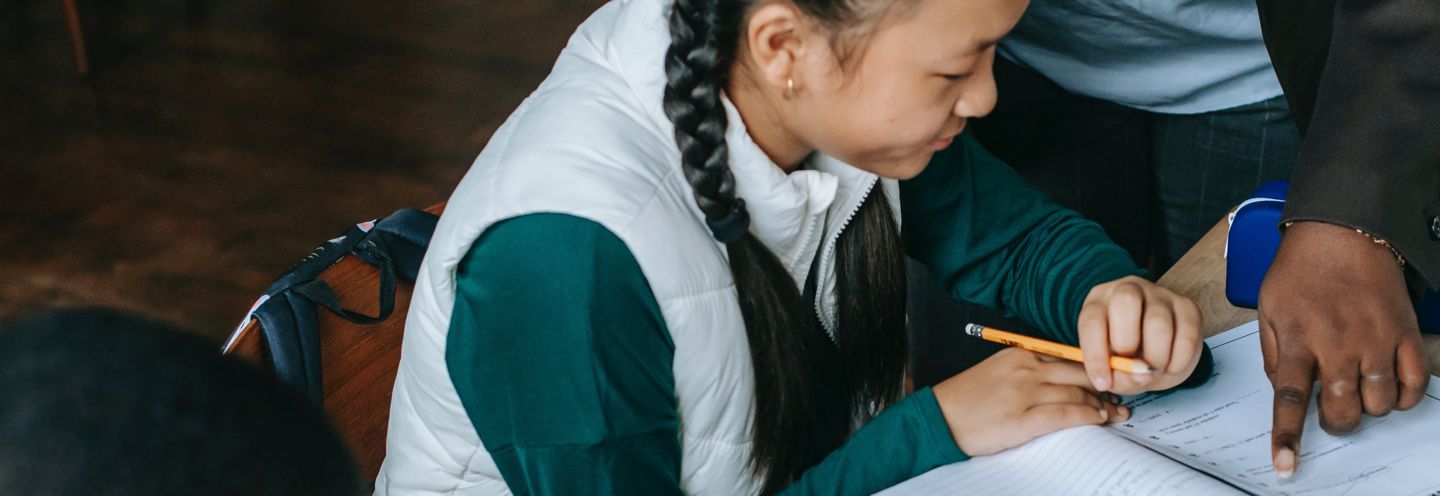Teacher Resources | 26 Results

Good-quality video games offer lots of benefits to children and teens.

In this lesson students consider how well their favourite TV shows, movies and video games reflect the diversity of Canadian society.

On the Loose: A Guide to Online Life for Post-Secondary Students supports young adults who are experiencing both new freedoms and challenges in their post- secondary life.

In this lesson, students are introduced to the idea that their gaming experiences may compromise their personal information.

In this lesson, students talk about dressing up and taking on identities that are similar to or different from them. They are then introduced to the idea of avatars as a kind of “dressing up” inside

Screen-Free Week is an annual event that traditionally takes place in May. Each year people from around the world make a conscious decision to turn off screens of all kinds for the week.

Talk Back! How to Take Action on Media Issues gives you the tools to talk back to media companies.

Images of men and women in the media are often based on stereotypical roles of males and females in our society. Because stereotyping can affect how children feel about themselves and how they relate

Talking to kids about violence in the media they consume – television, movies, video games, music and the Internet – can help them put media violence into perspective and perhaps diffuse some of its

Racial stereotypes abound on television, and children's programming is no exception. The turban-wearing bad guy, the brainy Asian, and the Black basketball whiz are just a few of the stereotypes

